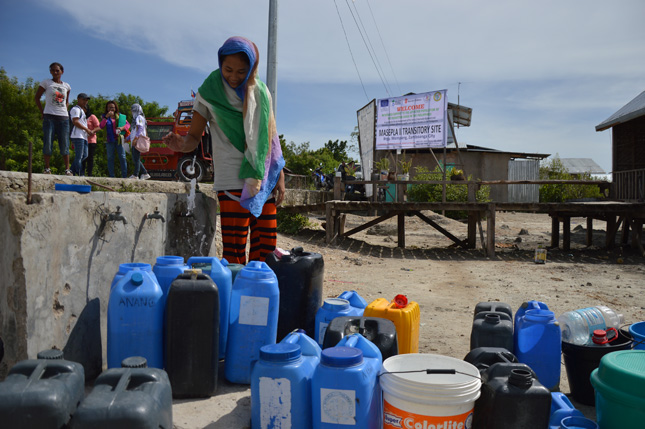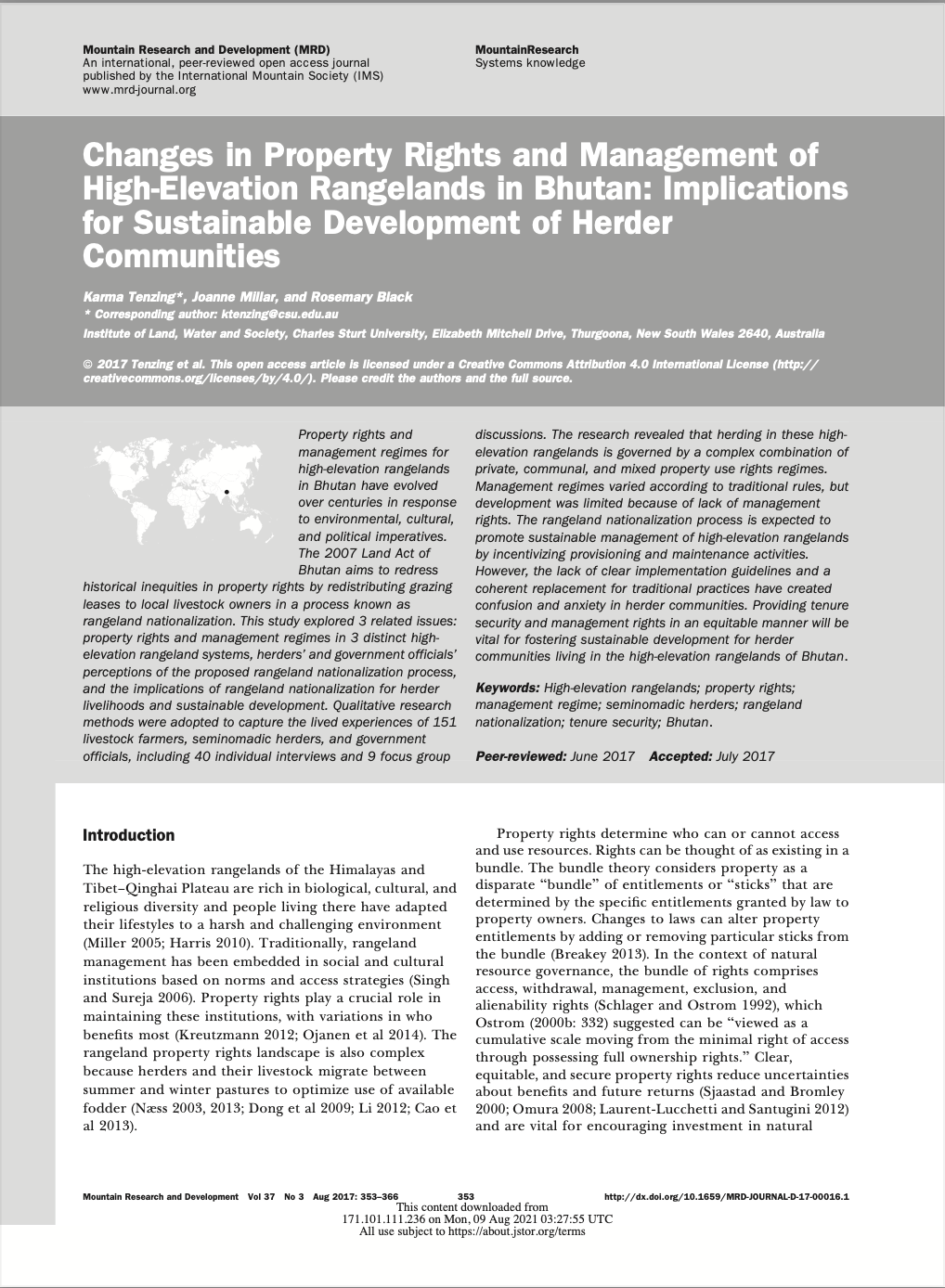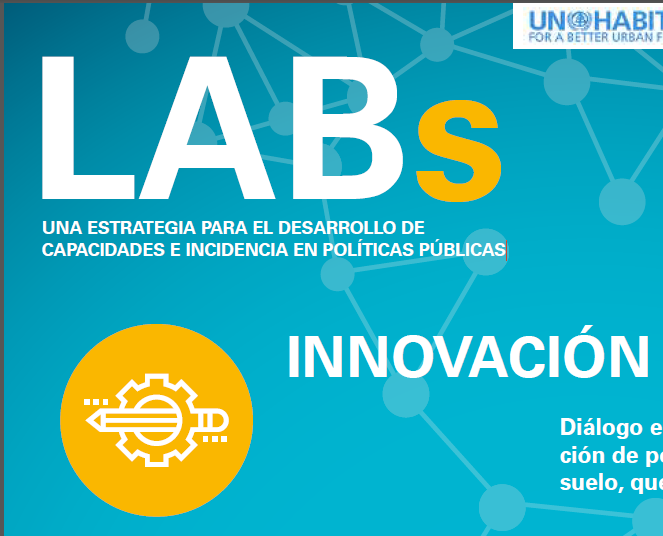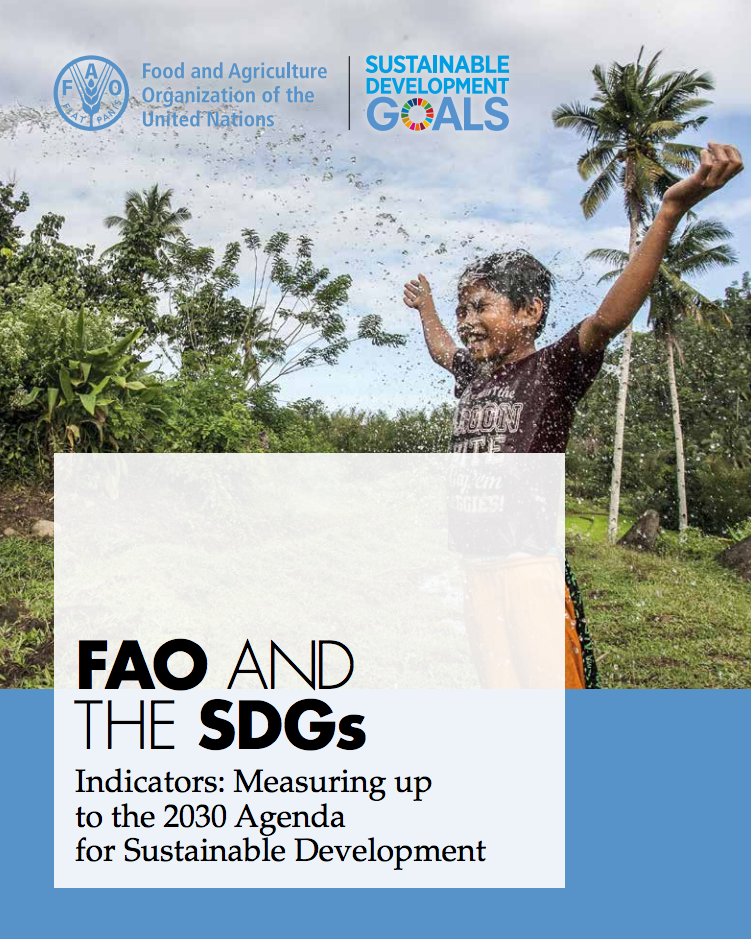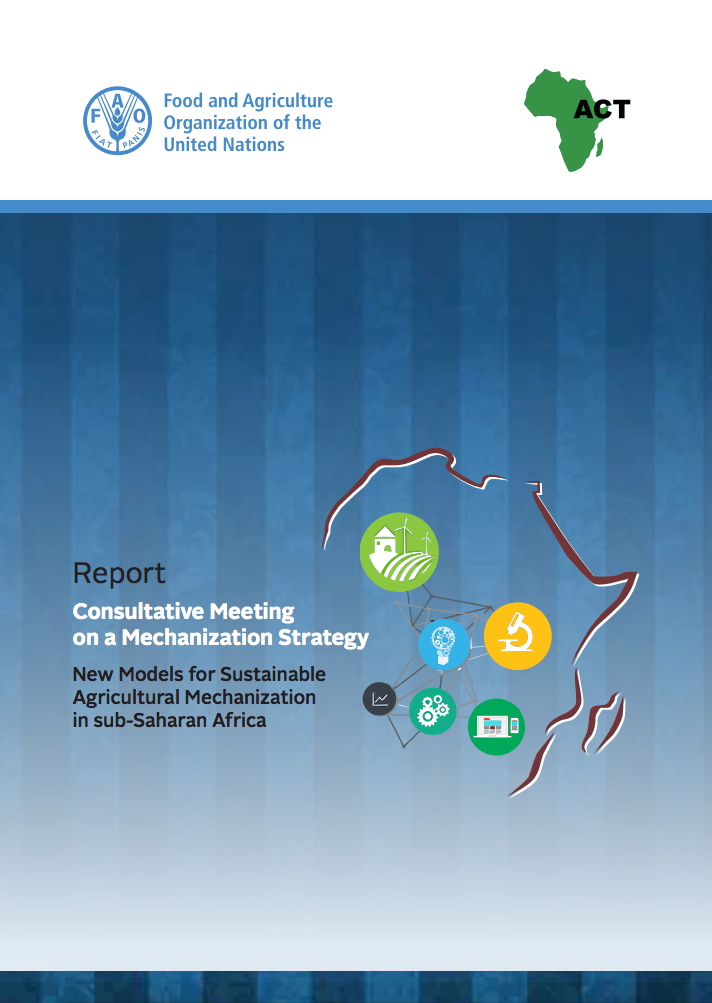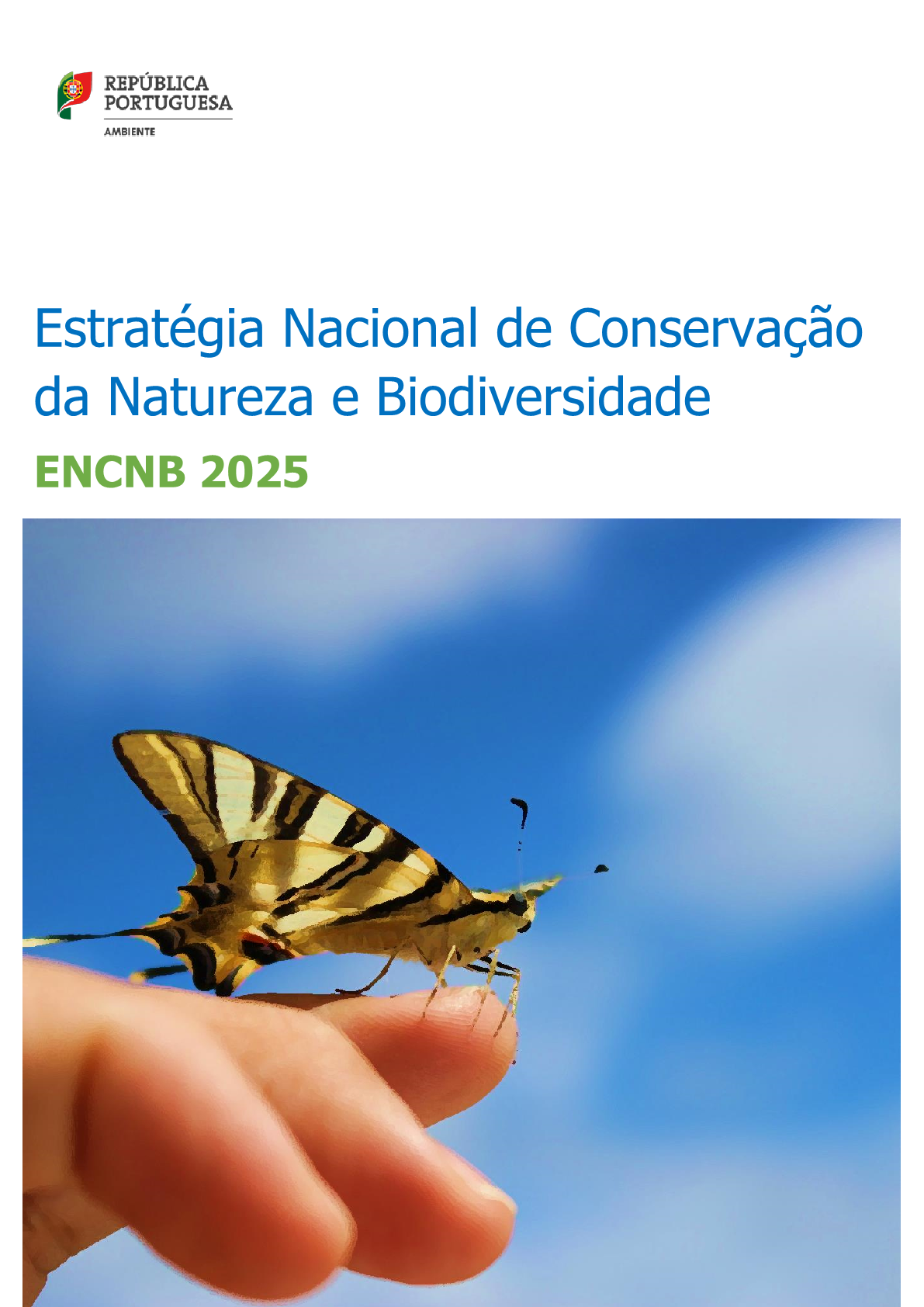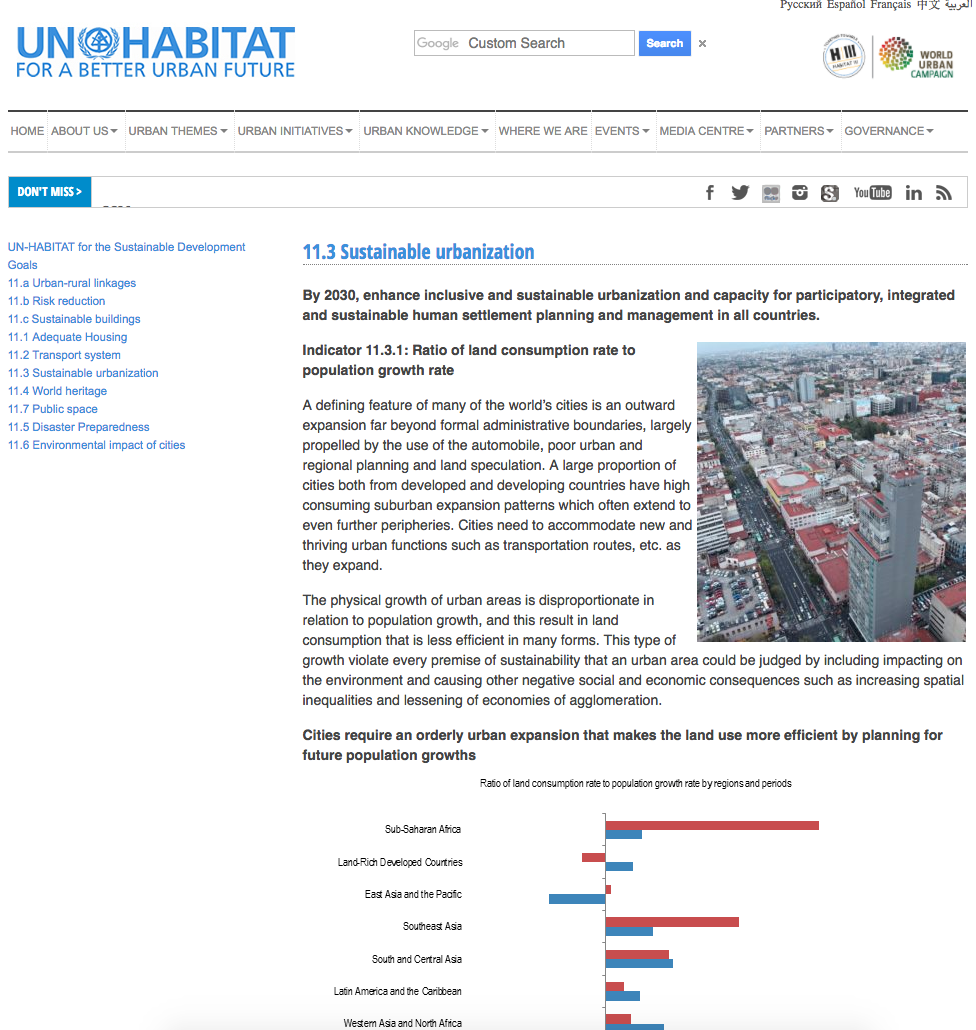Scaling Up Sustainable Land Management and Restoration of Degraded Land
With current rates of land degradation reaching
ten to twelve million ha per year, there is an
urgent need to scale up and out successful,
profitable and resource-efficient sustainable
land management practices to maintain the
health and resilience of the land that humans
depend on. As much as 500 million out of
two billion ha of degraded land, mainly in
developing countries, have restoration potential,
offering an immediate target for restoration
and rehabilitation initiatives.1 In the past,



